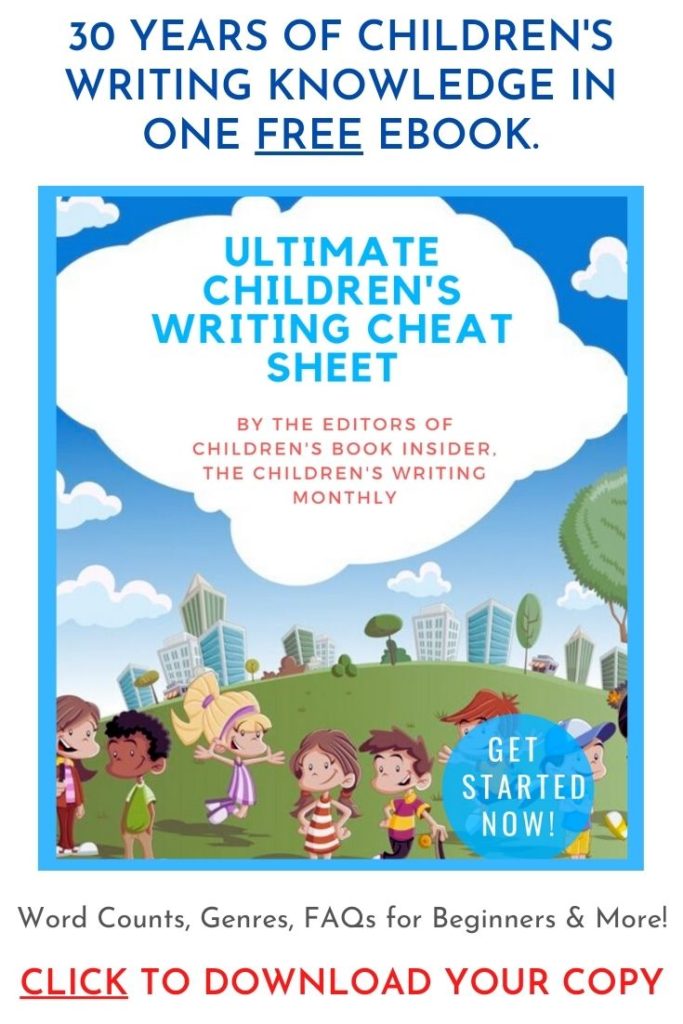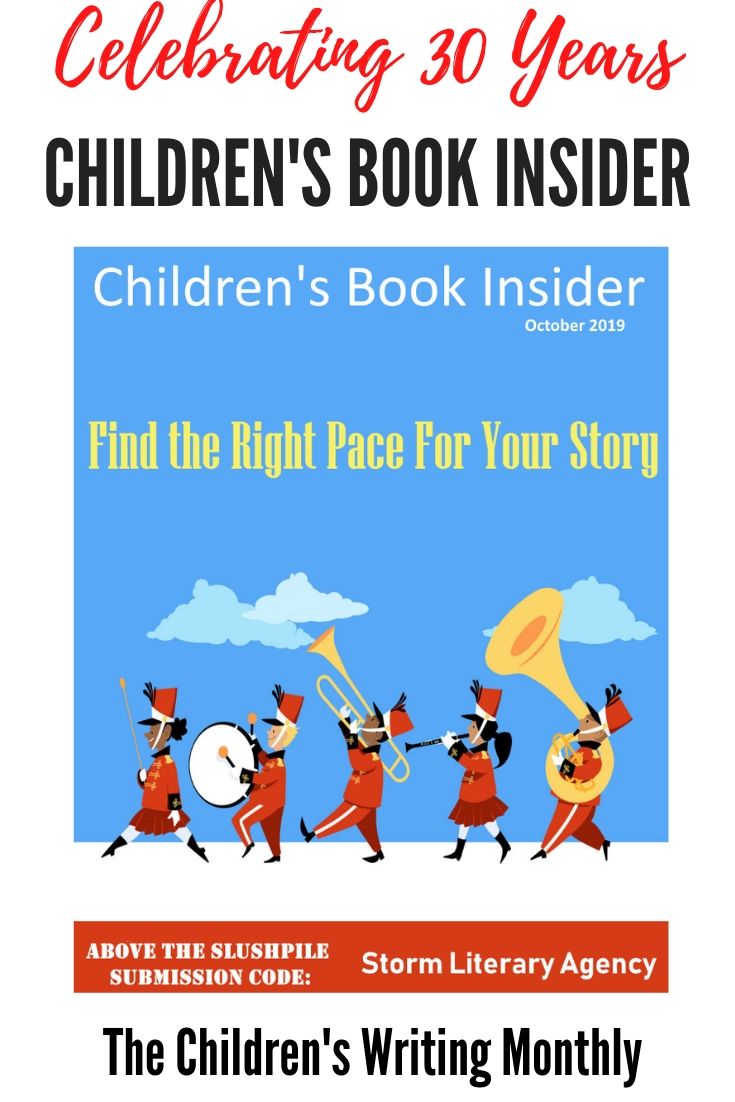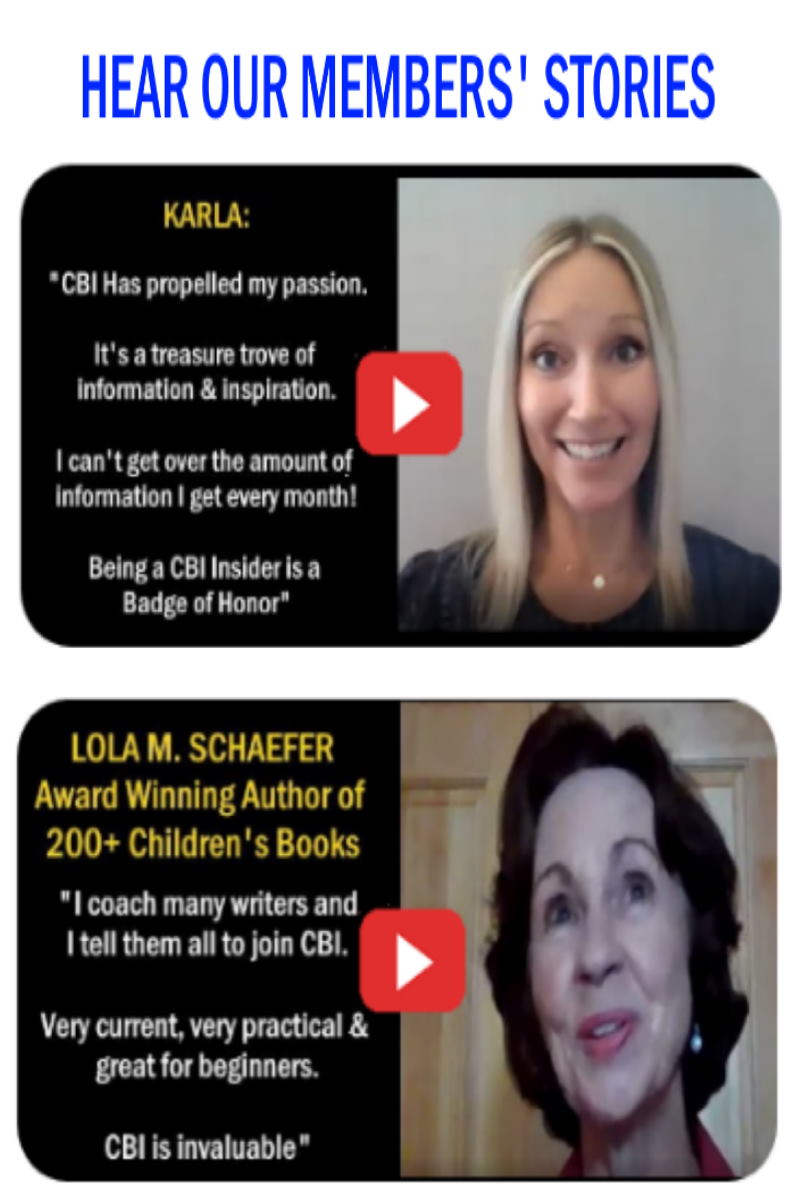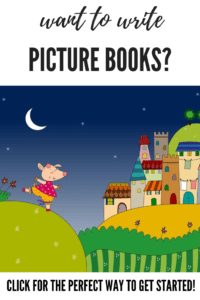
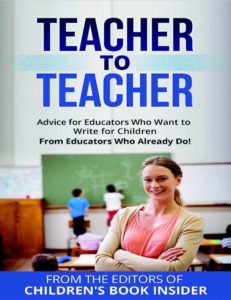
Now’s the perfect time to use your classroom experience and unique understanding of young readers to begin a career as a children’s book writer.
This remarkable 100% free eBook will get you on your way, with priceless advice from your fellow educators who have already made the jump!
You’ll learn….
* How to translate your teaching experience into story ideas.
* Tips for drawing on favorite classroom memories to create wonderful plots, characters and dialogue.
* The basics of connecting with other writers, finding the correct age group, getting started writing and exploring publishing options.
And much, much more — all created for you by fellow teachers who understand the journey better than anyone! It’s yours with no strings or obligation of any kind, and we will NEVER spam you or share your email address.
by Jane Choate
We all have them. What are they? Our darlings, those words, phrases, or even chunks of description that we use over and over, often unknowingly. In the process of editing a manuscript, finding your darlings and weeding them out makes our prose stronger. In an attempt to rid myself of the habit of repeating words, I employed the search function of my software and found that I had used certain words over and over and over. (I just counted five “overs” in the last two paragraphs. Did you catch them?) I had met the enemy and it was me. Now to correct it.
The first step is identifying our darlings. Mine included such words as “perhaps,” “struggle,” and “that,” among others. Those don’t seem like such horrible words, do they? But when sprinkled throughout a manuscript, they become glaringly obvious and obnoxious.
A note of caution: be careful when using the search function of your software. With one disastrous stroke of a key, I had not only identified all the “that’s” in my manuscript, I had also deleted them. Though I had wanted to weed out many of these repetitions, I had not intended to do so all at once. The fact is that we can’t write without a few “that’s” in our work. I began the painstaking process of going through the book and putting the word back in when necessary.
One of my favorite authors uses the word “mutter” for dialogue tags. A few mutterings are all right. After a while, they lose their impact and become annoying. A plain old “said” serves the purpose without drawing attention away from the dialogue itself. Better yet, see if you can write some of your dialogue without tags.
Banishing your darlings becomes more urgent when they are “purple” words. What do I mean by purple words? These are words that stand out so startlingly that they are immediately noticed and stop the eye and the reader. What might such a word be? How about egregious? You can get away with a judicious use of it once, certainly no more than twice, in a book.
Any more and the reader begins to count the number of times you’ve used it. Other such words are tantamount, loquacious, untenable. These are all fine words, respectable words, but they begin to grate on the reader’s eyes and ears.
After yanking out my darling words, I got to work on doing the same with phrases. To my chagrin, I discovered that I love the phrase “for the moment” and its cousin “for that moment.” My characters were always thinking or doing something “for the moment.” Surely it took them longer than a moment to do everything they needed to accomplish.
Descriptions are another area in which repetitions can become well, repetitious. Are all of the mountains in your story rugged or majestic? Are all of the lakes glassy? Are all of the clouds puffy or fluffy? I found that I had consistently used the phrase “gun metal gray” to describe the sky. It didn’t matter what the setting or needs of the story were, my skies were all “gun metal gray.” One of the benefits of ridding your work of these descriptions is that you will probably also take out many cliches.
What about your characters’ actions? Are they always shopping or jogging or, in my case, eating? Early in my writing career, I asked another writer to critique my manuscript. In returning it to me, she said, “Jane, your characters spend a lot of time eating.” Sure enough, she was right. I had taken great pains to describe the characters eating breakfast, eating lunch, eating dinner, and eating snacks. If these characters had gone on as they were, they would have been candidates for an episode of Extreme Weight Loss.
One of the best ways to identify these words phrases, descriptions, etc. is to read your work aloud. Our ears can pick up things which our eyes frequently miss. Another is to ask a friend, as I did, to read your work with this in mind.
What are your darlings? What are those pet phrases that creep into your work despite your best efforts to kill them off? Are you drawn to certain words or do you gravitate to the same descriptors? Whatever they are, be ruthless in your search and destroy mission.
Reprinted from Children’s Book Insider, the Children’s Writing Monthly
